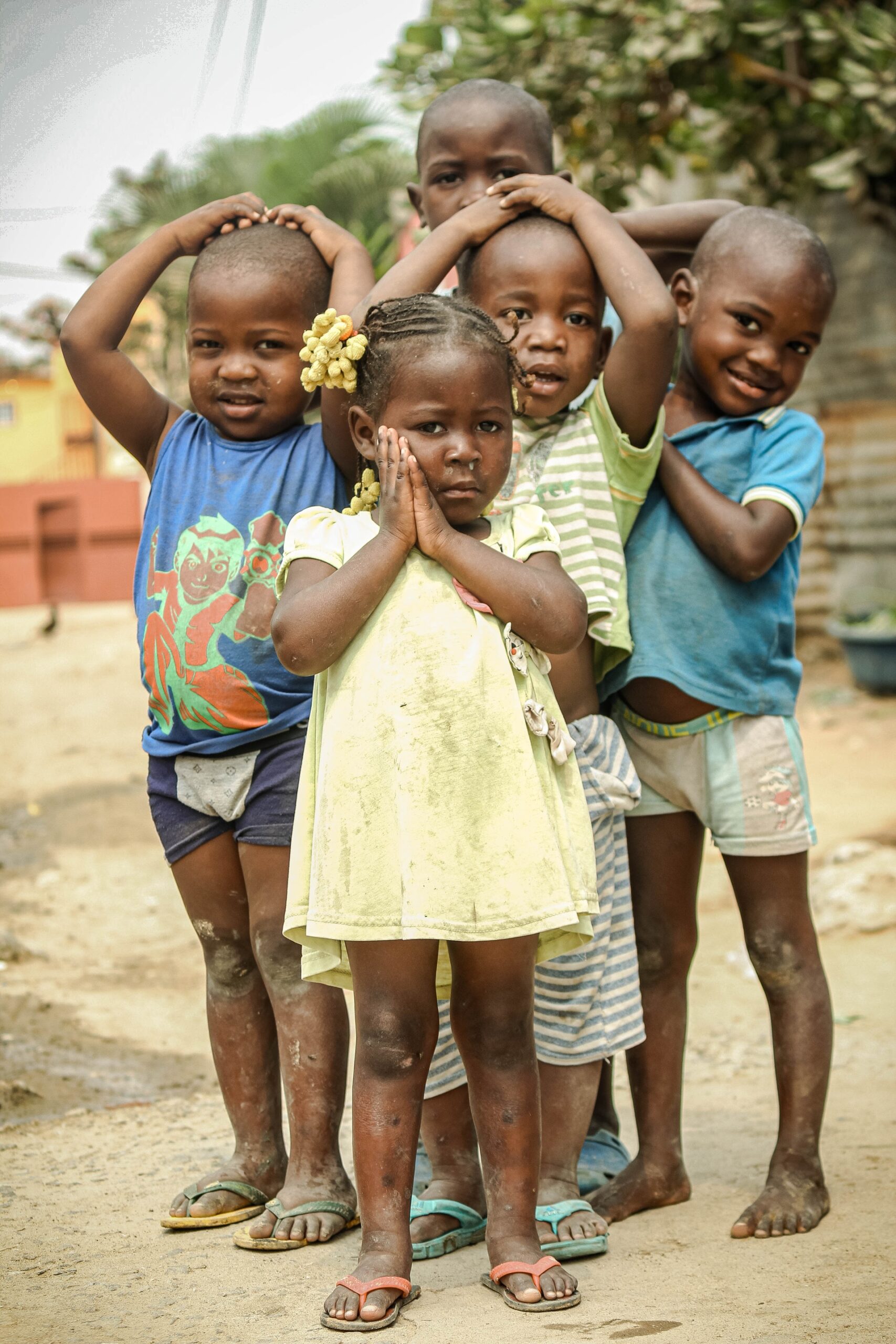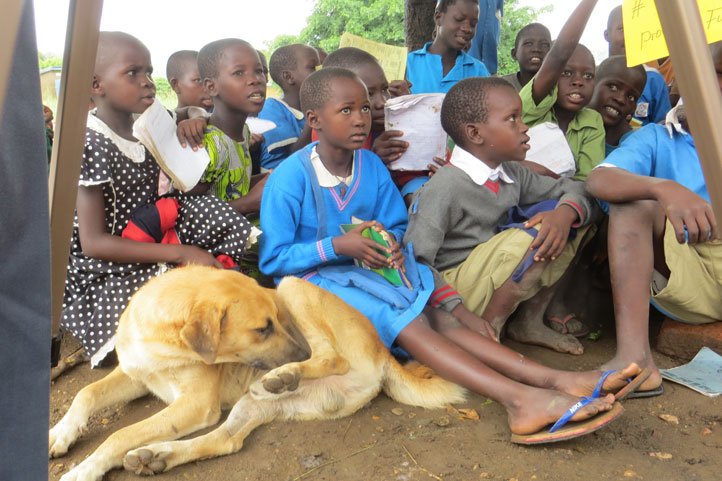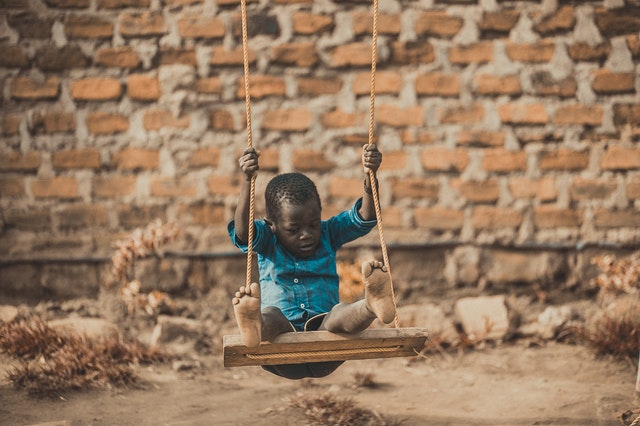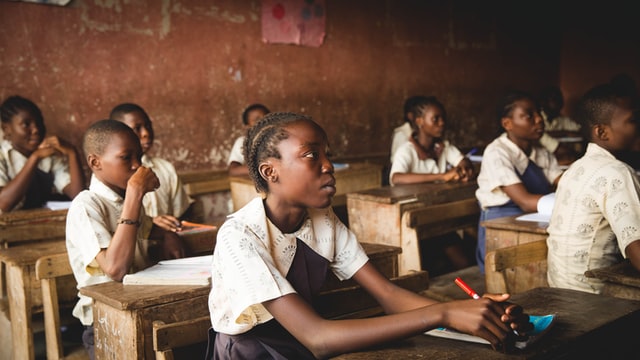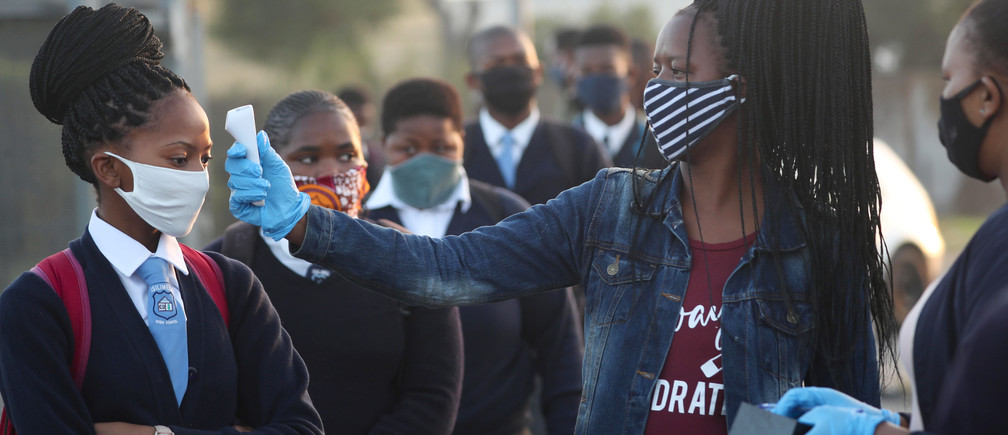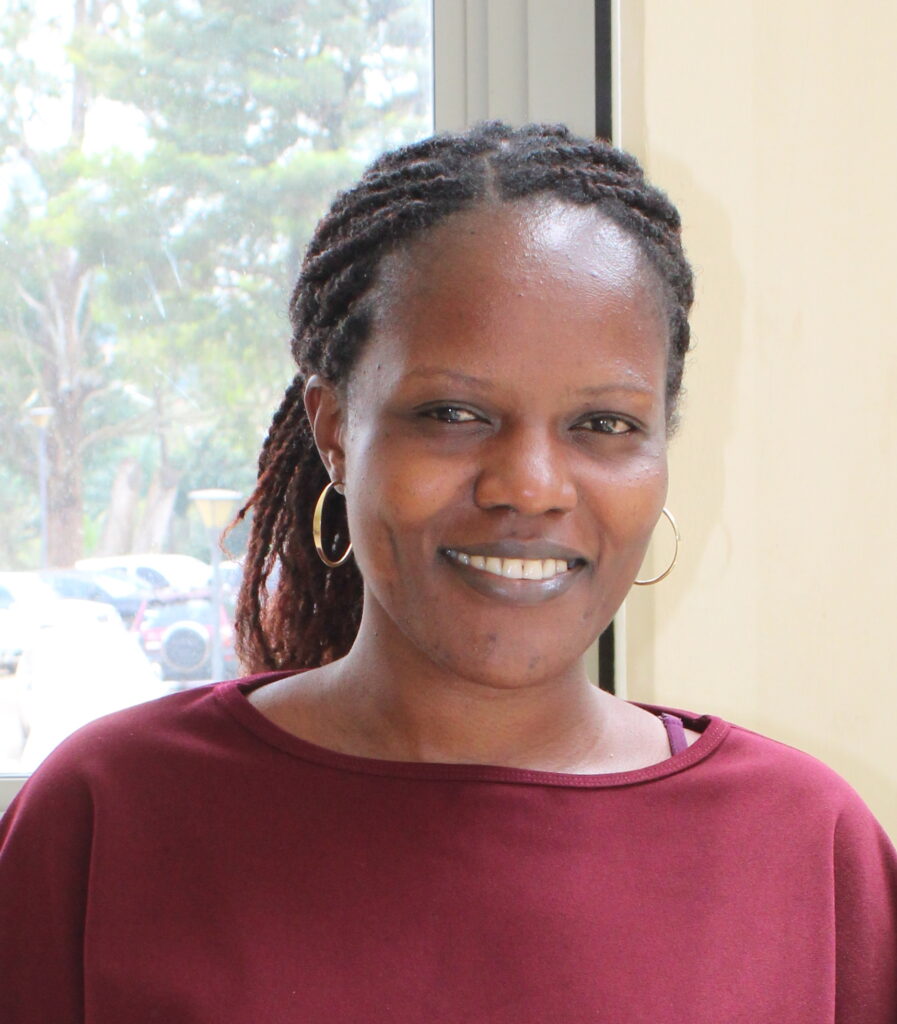ALERTs Study: Education in Covid-19
The countrywide closure of schools was one of the very first actions taken by the Government of Uganda to prevent further spread and manage COVID-19. Following this the Government swiftly formulated and rolled out an Education Preparedness and Response Plan (EPRP) to ensure continuity of learning during the COVID-19 lockdown and amidst other restrictions. The focus of this study’s is to explore experiences and assess the effect of the EPRP.
The Problem: Ever since the Government of Uganda closed schools as a measure to contain the spread of COVID-19, anecdotal evidence suggests that measures to ensure the continuity of learning as prescribed in the EPRP have not particularly benefited learners in vulnerable communities like those living in slums and refugee settings. Clearly documented challenged and gaps in the equitable distribution of printed learning materials, the lack of access to radio and television lesson broadcasts and the limited sensitisation of these communities about the roll out of this policy intervention seem to have limited its intended aim in meeting the needs of the learners. However, no there is a paucity of solid, sufficient and scientific data to determine the effect – and little is known about the experiences of people in slums and refugee settlements whose vulnerability is already heightened.
Objectives:
Broadly this study has 3 objectives: a community-facing objective, a policy analysis objective and a quantitative objective.
- To explore knowledge, perceptions and experiences of communities in slums populations in regards to the EPRP rollout
- To understand actors and processes surrounding the design and implementation of the EPRP
- To assess the sufficiency of the EPRP in providing continuity of learning in these communities
Methods: The study is cross-sectional in design, using both qualitative and quantitative methods. Study participants are learners, parents/caregivers, community leaders, teachers, headteachers and School management committee representatives, subnational and national level key informants. Child-centred methodology will be employed for participants falling in the minor category. Analysis will be undertaken using STATA for quantitative analysis and Nvivo 12 for the qualitative findings.
Expected Outcomes: Study findings will contribute to a much-needed body of evidence on the effect of COVID on the education sector – and more so among society’s most marginalized groups. The study is expected to shed light on some cross-sectoral linkages and how these played out during COVID-19, for example link between education closure and reported increased violence against children or teenage pregnancy in Uganda. It is the study team’s hope that study findings will help to inform education policy to guide necessary and effective reforms.
Study Team Members:
- Daniel Magumba (Graduate Scholar & Education Lead )
- Dr Gloria Seruwagi (Principal Investigator)
- Hilda Namakula (Co-Investigator)
- Catherine Namakula (Co -Investigator)
- Dr Eric Lugada (Co-Investigator)
- Stephen Lawoko (Co-Investigator)
Partners: In addition to Makerere University as its hosting institution, CHASE-i’s partners on this study include Gulu University, The Lutheran World Federation (LWF) and Agency for Cooperation in Research and Development (ACORD). As humanitarian and development actors, ACORD and LWF are currently implementing education and protection (including GBV) programmes in slums and refugee settings across Uganda.
Funders: The project is funded by the Government of Uganda, through the Makerere University Research and Innovations Fund (MakRIF).
